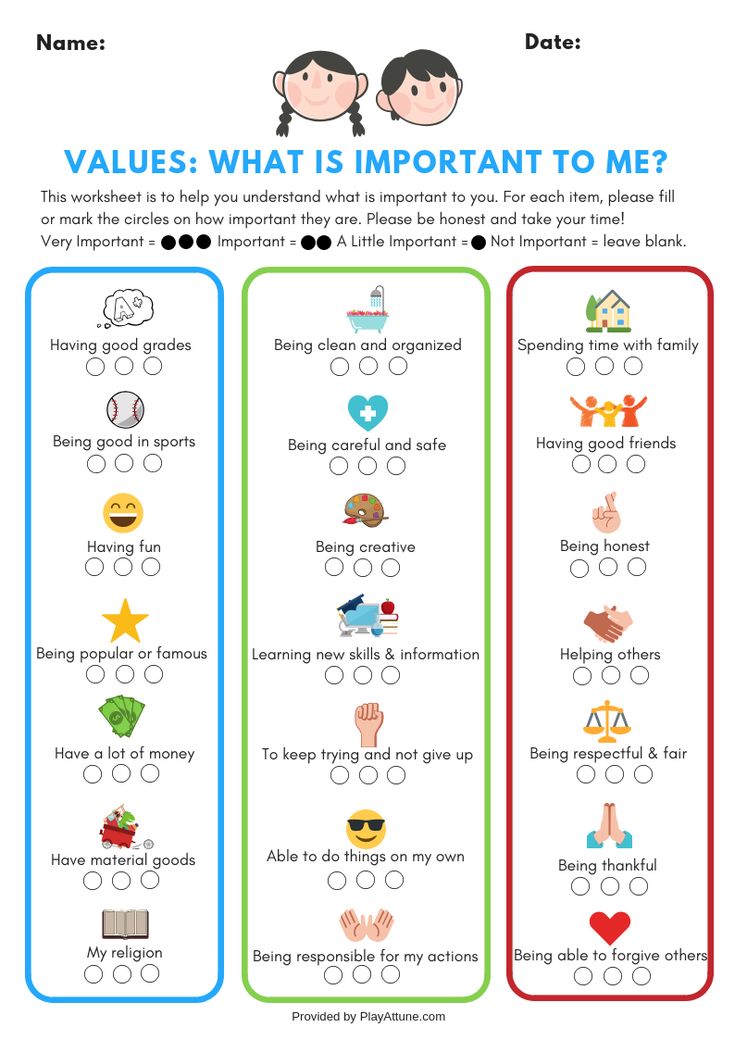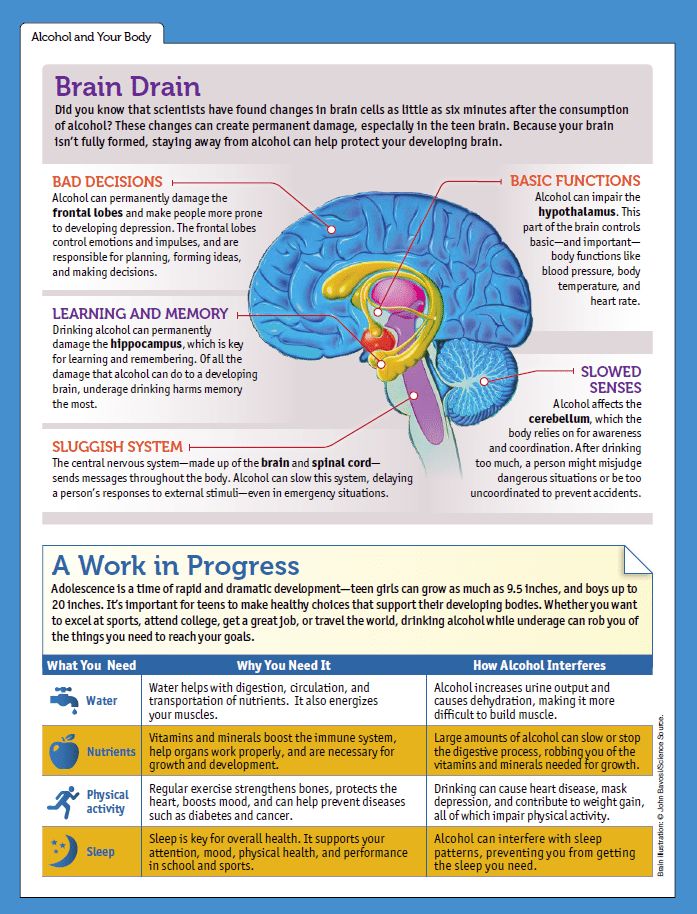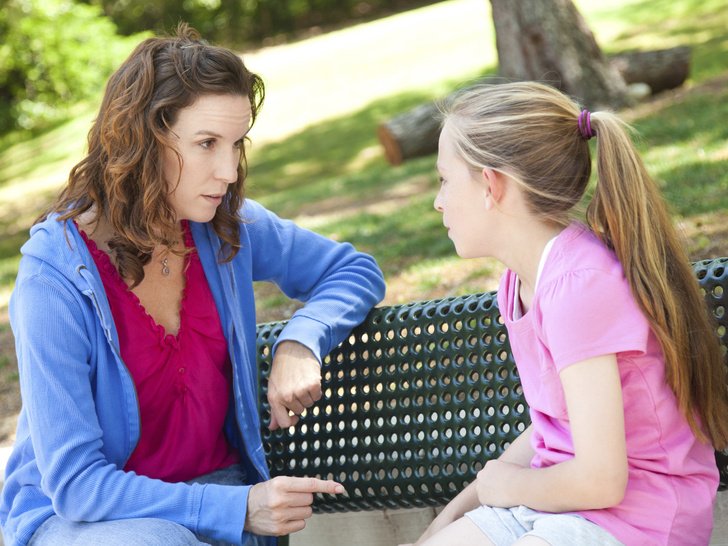How to deal with introverted child
Raising an Introverted Child in an Extroverted World
by Cindy Price
41,035
VIEWSWe live in a society that is geared towards extroversion. Think about it: a public school system that overtly pushes class participation, a work culture that encourages networking for current and future jobs (not to mention open-plan work spaces) and a society that promotes norms like small talk. America values the bold and gregarious and the louder people are, the more confident they appear and the more attention they receive.
Estimates suggest that introverts make up at least 50% of the population, but despite this, parents and a large section of society think being introverted is an oddity. We tend to think that children should be sociable and outgoing and if they turn out quieter than their friends, we worry that something is wrong. We want our children to have large groups of friends, to be included in activities with other children because we think that’s “normal” and that’s what a successful child looks like. We don’t want our kid to be the weird loner who likes hanging out by himself because that reflects badly on our parenting skills.
So if our children, by some quirk of fate, happen to be introverts, we rush around in a panic trying to jump-start their social lives. We arrange playdates if they’re toddlers, insist on inviting their friends and classmates over if they are teens and push them to join numerous clubs and groups in a bid to make them act more like extroverts. According to Susan Cain, famed author of Quiet: The Power Of Introverts in a World That Can’t Stop Talking, this only leads to a “colossal waste of talent, energy and happiness.”
Introverts Are Born That Way
Instead of seeing introverts as failed extroverts, we should begin appreciating their unique strengths and talents. You probably know that your introverted child prefers spending time alone in quiet surroundings unlike extroverts who prefer being where the action is- but do you know why?
A study done on both introverts and extroverts showed that the latter were less receptive to dopamine, a neurotransmitter that controls the brain’s pleasure and reward centers. So the more extroverts socialize and interact with others and the world, the more they stimulate that brain reward center and the happier and more energetic they feel. Introverts, on the other hand, are more receptive to dopamine and require less stimulation. This is why they re-energize by being alone.
So the more extroverts socialize and interact with others and the world, the more they stimulate that brain reward center and the happier and more energetic they feel. Introverts, on the other hand, are more receptive to dopamine and require less stimulation. This is why they re-energize by being alone.
Another clue to the introvert-extrovert puzzle lies in the workings of the nervous system. While extroverts favor the sympathetic side of their nervous systems – which explains why they are always amped up and raring to go- introverts favor the parasympathetic side. This side deals more with conserving energy and relaxing muscles, resulting in a calmer, quieter and more reserved individual.
As you can see, introversion owes a lot to biology. There’s nothing wrong with your child, they’re just wired differently.
Bringing Out The Best In Your Introverted Child
Since introverts are such a widely misunderstood bunch, knowing how to raise one can be quite challenging. This is especially true of teens who are just starting to develop their identity and sense of self-worth. The most important thing in bringing up introverts is to learn to work with, not against, their strengths.
This is especially true of teens who are just starting to develop their identity and sense of self-worth. The most important thing in bringing up introverts is to learn to work with, not against, their strengths.
Here are some pointers:
-
Accept and embrace.
The first hurdle to get over is yourself. You need to accept that your child is an introvert and as such, will not be the conventional social butterfly. Although they can and will form strong friendships, they will take their time about it and will prefer solitude to hanging out with crowds. Pushing your child to have a more active social life amounts to trying to change a fundamental part of who they are. It sends a message that they aren’t good enough and this can not only wreck their self-esteem but also your relationship with them. So accept them as they are.
-
Encourage them to seek out outlets for self-expression.
Introverts have a fundamental need to express themselves so encourage your teen to find healthy outlets.
 This could be through art, creative writing, journaling, yoga or whatever tickles their fancy. Even social media, which has been vilified for the harmful impact it can have on teens, can come in handy. Social media platforms can give your teen the freedom to be thoughtful and expressive, without having to turn into an extrovert.
This could be through art, creative writing, journaling, yoga or whatever tickles their fancy. Even social media, which has been vilified for the harmful impact it can have on teens, can come in handy. Social media platforms can give your teen the freedom to be thoughtful and expressive, without having to turn into an extrovert. -
Respect their need for privacy.
Extroverted parents often assume the whole family needs to always do things together but this only ends up being overwhelming for an introverted child. A better approach is to plan some one-on-one activities you and your child can do together. Additionally, allow your teen to have some privacy and tranquility since introverts recharge through solitude and need quiet time to process what they observe. As one writer in The Atlantic put it, “For introverts, to be alone with our thoughts is as restorative as sleeping, as nourishing as eating.”
-
Work with their strengths.
While teens are naturally reticent, introverts may appear even more so.
 Pushing them to join groups or clubs they have no interest in may backfire. Instead, try chatting with them to learn where their interests lie and work with that. Encouraging them to do something in line with their interests will produce more favorable results. For instance, they might excel at individual sports like swimming instead of team sports like basketball.
Pushing them to join groups or clubs they have no interest in may backfire. Instead, try chatting with them to learn where their interests lie and work with that. Encouraging them to do something in line with their interests will produce more favorable results. For instance, they might excel at individual sports like swimming instead of team sports like basketball. -
Give gentle nudges, not hard thrusts.
Introverted teens might need lots of solitude to recharge but spending all their free time alone can easily lead to depression, loneliness and low self-esteem. Instead of trying to suddenly jolt your child by sneakily enrolling them in a club without their knowledge, gently nudge them to seek out those they share interests with. It could be that they’re not very confident and feel they don’t have the right social skills to participate in group activities. Boost their skills by teaching them simple conversation starters and advise them on how to interact with people.
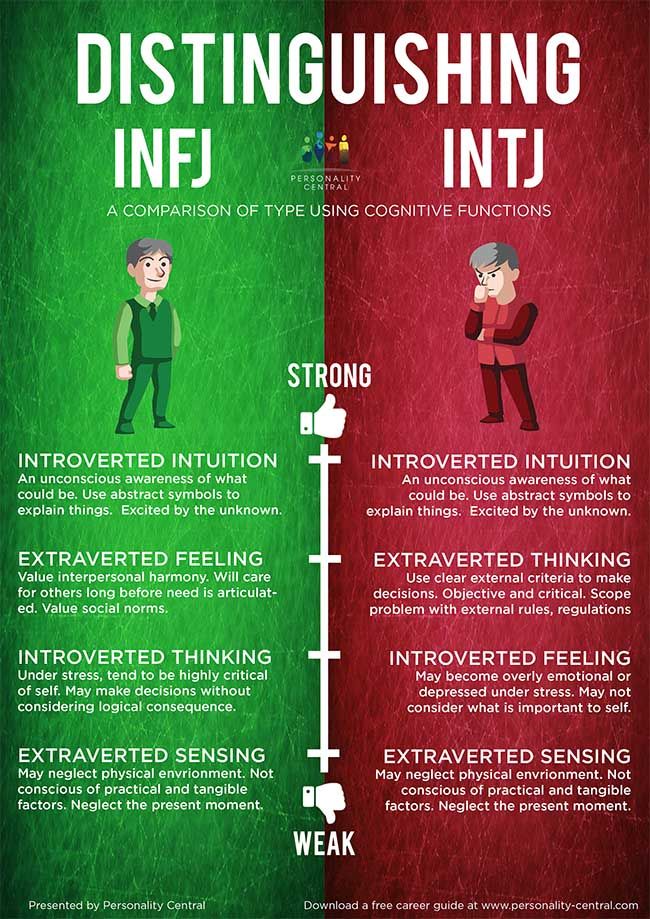
-
Teach them to understand and celebrate their uniqueness.
Because extroverts tend to dominate social situations, introverts often feel left out of things. Teach your child to appreciate their unique individuality and talents. Let them know that their ability to listen, focus, observe and communicate with others on an intimate level is invaluable and nothing to be ashamed of. You can even give examples of famous introverted celebrities and personalities that your child can look up to.
Raising an introverted child in an extroverted world is challenging, no doubt about that. However, the key to success lies in seeing introversion as a strength to be harnessed, rather than an affliction to be cured.
About the Author: Cindy Price
Cindy Price is a Northern Utah wife, mom, and writer. She has 15 years experience writing educational content in the many areas of parenting, with an emphasis on teen-related issues, from which she applies and expounds on her personal experience raising three teenagers. You can find Cindy on Twitter.
You can find Cindy on Twitter.
15 Tips on Parenting Introverted Kids
You’re confused by your kid. She doesn’t act the way you did when you were growing up. She’s hesitant and reserved. Instead of diving in to play, she’d rather stand back and watch the other kids. She talks to you in fits and starts—sometimes she rambles on, telling you stories, but other times, she’s silent, and you can’t figure out what’s going on in her head. She spends a lot of time alone in her bedroom. Her teacher says he wishes she’d participate more in class. Her social life is limited to two people. Even weirder, she seems totally okay with that.
Congratulations: you’ve got an introvert.
It’s not unusual for extroverted parents to worry about their introverted children and even wonder if their behavior is mentally and emotionally healthy. Of course, children can suffer from anxiety and depression, just as adults can. It’s important to be aware of the symptoms of childhood depression; sometimes withdrawal from friends and family and low energy signal something more than introversion.
Many introverted children, however, are not depressed or anxious at all. They behave in the way they do because of their innate temperament. The more you embrace their natural introverted nature, the happier your child will be.
How to care for your introverted child
- Know that there is nothing unusual or shameful about being an introvert
Introverts are hardly a minority. Numbers vary based on a study, but introverts make up 30-50 percent of the U.S. population. Some of our most successful leaders, entertainers, and entrepreneurs, such as Bill Gates, Emma Watson, Warren Buffett, Courteney Cox, Christina Aguilera, J.K. Rowling, Abraham Lincoln, Mother Teresa, and Mahatma Gandhi, have been introverts.
- Understand that your child’s temperament is due to biology
Think your child can just “get over” hating raucous birthday parties? Think again. Introverts’ and extroverts’ brains are “wired” differently, according to Dr. Marti Olsen Laney, author of The Hidden Gifts of the Introverted Child. She writes that children’s temperaments are innate (although parents play an important role in nurturing that temperament).
Marti Olsen Laney, author of The Hidden Gifts of the Introverted Child. She writes that children’s temperaments are innate (although parents play an important role in nurturing that temperament).
Introverts’ and extroverts’ brains use different neurotransmitter pathways, and introverts and extroverts use different “sides” of their nervous systems (introverts prefer the parasympathetic side, which is the “rest and digest” system as opposed to the sympathetic, which triggers the “fight, flight, or freeze” response). Furthermore, a study published in the Journal of Neuroscience found that introverts have larger, thicker gray matter in their prefrontal cortices, which is the area of the brain associated with abstract thought and decision-making. If your child tends to be more cautious and reserved than her extroverted peers, rest assured that there’s a biological reason for it.
- Introduce your child to new people and situations slowly
Introverts often feel overwhelmed or anxious in new environments and around new people.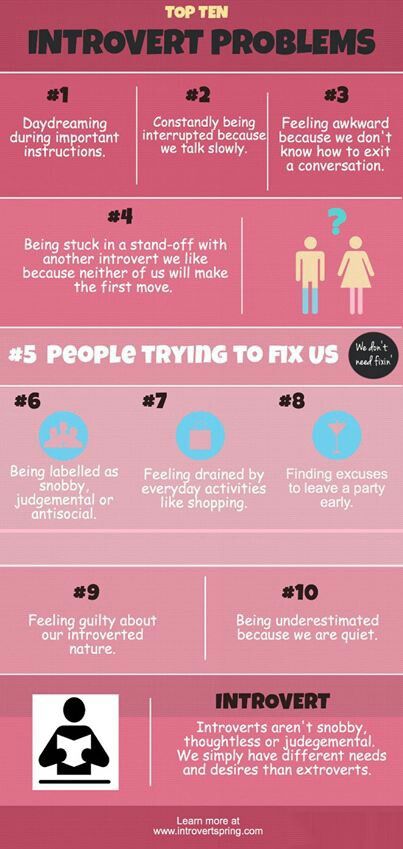 If you’re attending a social event, don’t expect your child to jump into the action and chat with other children right away. If possible, arrive early so your child can get comfortable in that space and feel like other people are entering a space she already “owns.”
If you’re attending a social event, don’t expect your child to jump into the action and chat with other children right away. If possible, arrive early so your child can get comfortable in that space and feel like other people are entering a space she already “owns.”
Another option is to have your child stand back from the action at a comfortable distance—perhaps near you, where she feels safe—and simply watch the event for a few minutes. Quietly observing will help her process things.
If arriving early or observing isn’t possible, discuss the event ahead of time with your child, talking about who will be there, what will likely happen, how she might feel, and what she could say to start a conversation.
If your child is nervous about starting a new school year, visit your child’s classroom, introduce her to her teacher, and find the bathroom, the lunchroom, and her locker before the hustle and bustle of the first day of classes.
No matter what new experience you’re getting him accustomed to, remember: go slowly, but don’t not go.-Step-10.jpg/aid84945-v4-728px-Deal-With-Your-Teenager-(for-Parents)-Step-10.jpg) “Don’t let him opt out, but do respect his limits, even when they seem extreme,” writes Susan Cain about introverted children. “Inch together toward the thing he’s wary of.”
“Don’t let him opt out, but do respect his limits, even when they seem extreme,” writes Susan Cain about introverted children. “Inch together toward the thing he’s wary of.”
- Remind your child that she can take breaks from socializing if she feels overwhelmed or tired
While extroverts feel energized by socializing, introverts can feel drained. If your child is older, she can excuse herself to a quieter part of the room or a different location such as the bathroom or outside. If she’s younger, she might not notice when she’s tapped out, so you’ll have to watch her for signs of fatigue.
- Praise your child when she takes a social risk
Let her know you admire what she did. Say something like, “Yesterday, I saw you talking to that new boy. I know that was hard for you, but I’m proud of what you did.”
- Point out when she ends up enjoying something she was initially afraid of
Say, “You thought you were going to have a miserable time at the birthday party, but you ended up making some new friends. ” With positive reinforcement like this, over time, she’ll be more likely to be able to self-regulate her feelings of nervousness and dread.
” With positive reinforcement like this, over time, she’ll be more likely to be able to self-regulate her feelings of nervousness and dread.
- Help your child cultivate her passions
Your child may have intense—and maybe even unique—interests. Give her opportunities to pursue those interests, says Christine Fonseca, author of Quiet Kids: Help Your Introverted Child Succeed in an Extroverted World. Softball and Girl Scouts may work well for some children, but don’t forget to look off the beaten path and consider writing classes or science camps. Intense engagement in an activity can bring happiness, well-being, and confidence (think Mihaly Csikszentmihalyi’s state of flow), but it also gives your child opportunities to socialize with other children who have similar passions (and perhaps similar temperaments).
- Talk to your child’s teachers about her introversion
This will help your child’s teachers know how to interpret her behavior.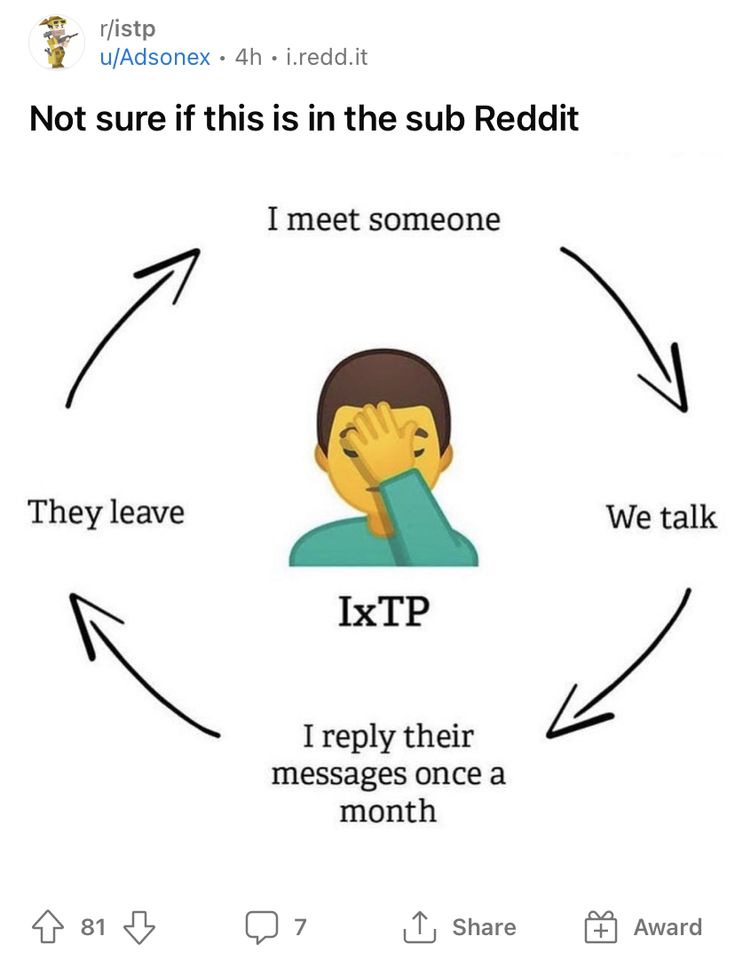 Some teachers mistakenly assume that introverted children don’t speak up much in class because they’re disinterested or not paying attention.
Some teachers mistakenly assume that introverted children don’t speak up much in class because they’re disinterested or not paying attention.
On the contrary, introverted students can be quite attentive in class, but they often prefer to listen and observe rather than actively participate.
Also, if the teacher knows about your child’s introversion, the teacher may be able to gently help her navigate things like interactions with friends, participation in group work, or presenting in class.
- Teach your child to stand up for herself
Teach her to say stop or no in a loud voice when another child tries to take her toy from her. If she’s being bullied or treated unfairly at school, encourage her to speak up to an adult or the perpetrator. “It starts with teaching introverted children that their voice is important,” Fonseca says.
- Make sure your child feels “heard”
Listen to your child, and ask questions to draw her out.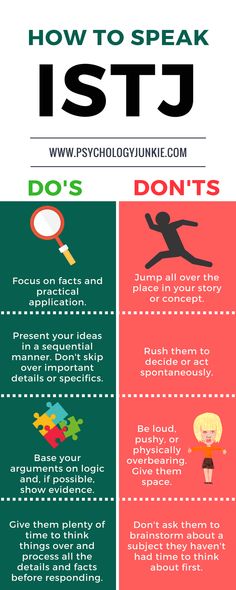 Many introverts—children and adults—struggle with feeling “heard” by others. Introverts “live internally, and they need someone to draw them out,” writes Dr. Laney in her book. “Without a parent who listens and reflects back to them, like an echo, what they are thinking, they can get lost in their own minds.”
Many introverts—children and adults—struggle with feeling “heard” by others. Introverts “live internally, and they need someone to draw them out,” writes Dr. Laney in her book. “Without a parent who listens and reflects back to them, like an echo, what they are thinking, they can get lost in their own minds.”
- Be aware that your child might not ask for help
Introverts tend to internalize problems. Your child might not talk to you about a difficult situation she’s dealing with at school or with a friend although she wishes for and/or could benefit from some adult guidance. Again, ask questions and truly listen—but don’t pry or make your questions feel like an interrogation.
- Don’t label your child as “shy”
“Shy” is a word that carries a negative connotation. If your introverted child hears the word “shy” enough times, she may start to believe that her discomfort around people is a fixed trait, not a feeling she can learn to control. Furthermore, “shy” focuses on the inhibition she experiences, and it doesn’t help her understand the true source of her quietness—her introverted temperament.
Furthermore, “shy” focuses on the inhibition she experiences, and it doesn’t help her understand the true source of her quietness—her introverted temperament.
- Don’t worry if your child only has one or two close friends
Introverts seek depth in relationships, not breadth. They prefer a small circle of friends and usually aren’t interested in being “popular.”
- Don’t take it personally when your child needs time alone
Anything that pulls your child out of her inner world—like going to school, socializing, or even navigating a new routine—will drain her. Don’t be hurt or think your child doesn’t enjoy being with the family when she spends time alone in her room, perhaps reading a book, playing on the computer, or playing an imagination game. Most likely, once she has recharged, she’ll want to spend time with the family again.
- Celebrate your child’s temperament
“Don’t just accept your child for who she is; treasure her for who she is,” writes Cain.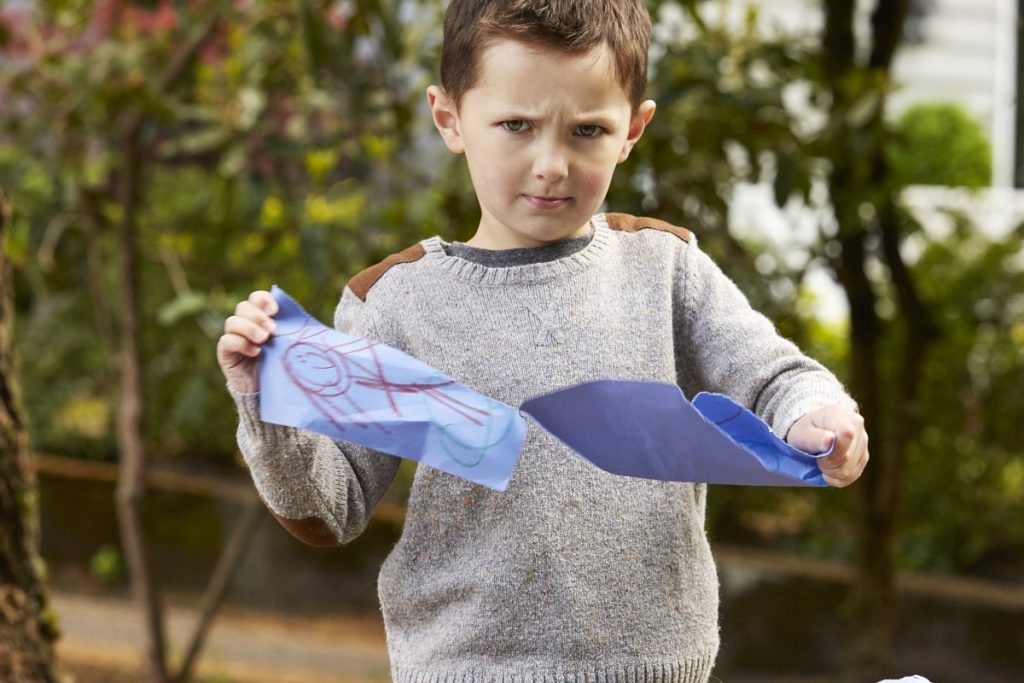 “Introverted children are often kind, thoughtful, focused, and very interesting company, as long as they’re in settings that work for them.”
“Introverted children are often kind, thoughtful, focused, and very interesting company, as long as they’re in settings that work for them.”
Introverted child - what to do if the child is introverted and uncommunicative?
A child's insularity often leads parents into a state of confusion. How to talk a baby, help him find friends and interesting activities, if he is absolutely indifferent to what is happening in his life?
Closeness is not an innate character trait. You can work with this quality, filling your life with communication, new emotions. So, what to do if it seems to you that the child is closed?
What is closedness?
Quite often, isolation is attributed to a person's personal characteristics, which is not entirely true: unlike shyness and timidity, isolation is formed gradually. This is a form of interaction with others, a way to protect yourself from stress, unpleasant sensations that inevitably penetrate through the protective shell.
It is believed that isolation occurs due to the loneliness of the child in the first year of life - the lack of attention, visual and tactile contacts with parents is to blame. However, isolation can appear much later (at preschool, primary school age).
If a child is an introvert by nature, isolation can become an undesirable bonus: lack of sociability, self-absorption will hinder adaptation.
Without parental participation, the child will get stuck in a negative state, so psychologists recommend paying attention to the mood of children, their habits.
Signs of isolation
What indicates increased isolation in a child?
- Poor adaptation in a new team (kindergarten, school). The kid does not get acquainted with the members of the team, does not seek at least to know their names. During group games, he prefers to take the position of an observer, sits with a gadget or a book, immerses himself in another type of activity.
- The child does not talk much.
 His voice noticeably changes: it becomes quiet, there are clamps, difficulties with the formulation of thoughts.
His voice noticeably changes: it becomes quiet, there are clamps, difficulties with the formulation of thoughts. - The child has no friends. Even short-term friendly contacts are limited. There are no close relationships: the baby does not talk about it, does not share his impressions and demonstrates indifference to the topic of communication with peers.
- The child has no personal point of view. If it is required to voice an opinion during classes, the baby is reluctant to come up with it or inertly agrees with the generally accepted position. Nothing worries him, he is indifferent even to controversial issues that concern his life.
- Introverted children are touchy, sentimental, easily brought to tears. The slightest trouble is taken to heart: the loss of a favorite toy, a sudden change of plans can ruin the mood for the whole day.
Also, isolation manifests itself physically: the child's sleep pattern is disturbed, pain in the head and muscles occurs without objective reasons. The gait is characterized by uncertainty, instability. Children hide their hands in their pockets, try not to swing them when walking.
The gait is characterized by uncertainty, instability. Children hide their hands in their pockets, try not to swing them when walking.
Differences between closedness and shyness
Parents make a common mistake by equating reticence and shyness.
Shy children are drawn to their peers, but do not understand how to make contact. But closed kids do not strive for friendship, joint pastime: they isolate themselves.
What do reserved and shy children have in common?
- Wary of strangers. The child reacts with caution if a person tries to get close, get to know each other.
- As a result - a high level of anxiety, which manifests itself in other areas of life.
- They don't like to change old habits. When an event occurs that changes the old way of life (studying at school, moving), the child cannot adapt for a long time.
You need to learn to distinguish between isolation and shyness. Let's see what causes the emergence of isolation and how this quality manifests itself in life.
Emotional intelligence for children
We introduce children to the types of emotions, how to manage them and how to express themselves in teamwork, through situational games
learn more
Causes of withdrawal in children
Here are the most common reasons that subsequently lead to withdrawal in children.
- Lack of communication with parents . Sometimes adults, immersed in work and everyday problems, forget to be interested in the affairs of the baby. This creates a persistent feeling of uselessness, and the children withdraw into themselves so as not to disturb family members with stories - why try if no one is interested?
- Problems within the family circle . Watching the parents squabble, the child feels so bad that he runs away into the inner world.
- Parental perfectionism . Making excessive demands on the child, you increase the psychological burden: the baby accepts the rules of the game and tries to please, but then patience ends - it's easier to ignore parents than to live up to unattainable ideals.

- Strong emotional shock . With the help of isolation, children experience fear (death, loss, betrayal), fear (natural phenomena, people, animals frighten). Also, the cause can be emotional and physical abuse, bullying. Teenagers and adults also use a similar defense mechanism.
- Diseases . If a child has health problems, it is not surprising that he becomes more secretive, withdrawn, does not want to make his feelings public. He needs inner strength to survive a difficult period.
- Mental disorders caused by past trauma.
It is worth sounding the alarm if the child's isolation begins to affect academic performance at school or kindergarten - classes in the humanities and extracurricular activities will quickly reveal the problem. It will be difficult for a child to read and retell texts, compose, improvise.
What to do if the child is withdrawn
- Children who withdraw into themselves need additional emotional support (especially in crowded places where they feel uncomfortable).
 In the crowd, parents should pay attention to the child: often hold the hand, ask distracting questions, tell something funny. If the child looks confused, do not leave him alone.
In the crowd, parents should pay attention to the child: often hold the hand, ask distracting questions, tell something funny. If the child looks confused, do not leave him alone. - Help your child include new friends in his social circle. Visit playgrounds, clubs of interest. Talk to other parents to help your child connect. However, do not force to communicate against your will - this can worsen the situation.
- Choose reading-aloud stories that feature a lot of informal dialogue between characters. The child will learn new patterns for dialogues with peers, work on communication skills. Home theater, rehearsals with replicas of heroes will also help.
- Become the initiator of a conversation with strangers more often - in a museum, kindergarten, shopping centers. The child needs to get used to the idea that contact with people can be easy and pleasant.
- Put your gadgets aside. The child may not feel the need to communicate because from early childhood he watched how family members spend time apart, doing their own business on the Internet.
 It is worth adding more live communication on weekdays: for example, discuss with the baby at a family dinner what he is going to do tomorrow, what worries him.
It is worth adding more live communication on weekdays: for example, discuss with the baby at a family dinner what he is going to do tomorrow, what worries him.
Games and exercises to overcome withdrawal
Games can be a useful tool in psychotherapy. Parents do not need to have special knowledge to change the child's behavior during play activities.
Preschoolers and younger students respond particularly well to the introduction of such exercises.
"What can you answer?"
Sometimes isolation is directly related to a lack of experience in communication in society or poor imagination: in order to appropriately insert remarks into a conversation, both components are required. By developing intelligence with your child, you will help him feel relaxed during a dialogue with strangers.
Offer to imagine a non-standard, fantastic situation: a child is walking in the woods and suddenly meets a cartoon character, etc. Fairy-tale characters do not exist in reality, therefore it is easier to work with them - there is no barrier in the form of embarrassment, there is no social framework.
When the child gets used to it, move on to the next stage of fantasizing: think up an episode with real people (classmates, neighbors, distant relatives). The child is stuck in the elevator with the guys who live in your house. What will they do? What to talk about?
Actors
An exercise game suitable for the whole family. The bottom line: you need to collect a list of states and emotions, and then express them using facial expressions, body language.
What can be depicted? Feelings of confusion, coldness, fear, euphoria, joy… Let the child come up with new options that are more applicable to his daily life.
“Finish the phrase”
Build several syntactic constructions with a positive message: “I can…”, “Tomorrow I can…”, etc. The child has to complete the sentences with you. Such an exercise helps to believe in yourself, to present positive development scenarios.
Any contact games help: hide and seek, hide and seek. Fun, mobility are good helpers in the fight against isolation.
A closed child: advice from psychologists to parents
Faced with a child's withdrawal, start acting immediately. A defensive reaction is associated with a painful experience in the past, and trauma can poison the life of a baby if not dealt with in time.
- Forever eliminate physical punishment from the methods of education, if you allowed yourself to do it.
- Speak to children in a calm, welcoming tone without raising your voice. Screaming from parents forces children to look for a safe state that would help them survive adult aggression. That is why babies become closed, taciturn.
- Try to criticize the baby's actions less - switch to successes and achievements. The fear of not pleasing mom and dad again forces the child to be passive, not to take the initiative.
- Conflicts within the family affect children more than adults realize. Quarrels between spouses have a negative impact on the state of the child's psyche: the world begins to seem hostile and unreliable, the ideal image of parents that exists in the mind of the baby is destroyed.
 Try to sort things out without witnesses.
Try to sort things out without witnesses. - Severe psychological trauma (death or illness of a loved one, accident, violence) is a reason to contact a child psychologist.
- Teach your child to speak aloud about experiences that haunt him. Voicing feelings, choosing the right words is an important skill that makes life easier. Keep up dialogues about it: “What happened? What do you feel? How can we help you?"
Much depends on the temperament of the child. Phlegmatic people, for example, organically feel alone. Solitude does not cause destructive emotions and does not mask the thirst for communication. In this case, let the child choose their own hobbies, friends, and leisure activities. Do not push the baby to get closer to others - he will decide when it is necessary.
With age, the way of communication with the world changes, so a closed, reserved child may well become more sociable in the near future - you just need to find the cause of isolation and eliminate it.
Thinking Simulator
The Simulator is a database of 4,000 tasks designed specifically to develop the thinking skills of students in grades 1-4
learn more
Introverted child: 5 important tips for parents
#
Skip to content
“All children, like children, play together, but yours always sits on the sidelines alone”, — the kindergarten teacher complains… You notice that your student does not communicate with classmates, does not go to school holidays and is always on his own. yourself. It seems that he never had and never will have friends ... What to do?
Character or problems?
If you pay attention to the child's isolation, it is important to determine its cause in time. It happens that children just have such a temperament - it is easier and more interesting for them to spend time alone with themselves than to communicate with someone else. There is nothing wrong with that! Do not force a child to make friends, do not force his psyche with labels and compare, they say “Petya's neighbor always has a yard full of friends, he is the soul of the company, well done! And you again with your books, what will come of you ... ” - such words hurt very much, especially if they are spoken by a loved one.
There is nothing wrong with that! Do not force a child to make friends, do not force his psyche with labels and compare, they say “Petya's neighbor always has a yard full of friends, he is the soul of the company, well done! And you again with your books, what will come of you ... ” - such words hurt very much, especially if they are spoken by a loved one.
But there are situations when a previously sociable child withdraws into himself and stops making contact - in this case, it is worth visiting a psychologist. It is possible that the child had a conflict - either with peers, or with a caregiver or teacher. Never ignore your child's complaints about teachers' bias or ridicule from classmates! Such things often lead to serious psychological problems, which a person has to deal with for the rest of his life!
5 important tips for parents of a withdrawn child
-
- Be your best friend. This does not mean that you need to accompany the child everywhere and behave like his peers.
 The best friend is the one who listens and understands. One who will not humiliate and laugh at complaints. The one on whose shoulder you can lean on in difficult times.
The best friend is the one who listens and understands. One who will not humiliate and laugh at complaints. The one on whose shoulder you can lean on in difficult times. - Do not forbid to feel! Too often a parent can be heard “Don't whine!”, “Are you laughing? Do you think this is funny ???”, “What did you hang up the nurses?”, “There is nothing to be offended by” and other phrases that actually forbid the child to express what he feels. But imagine - if in moments of sadness or resentment someone would say the same thing to you - how would you feel?
- Participate in the child's life. Find out about the atmosphere in the class or group, ask about how the day went and what interesting things happened, listen carefully and draw the right conclusions.
Don't be shy about your love. The older the child becomes, the less often he is hugged, kissed, caressed. He seems to be too old for all this. Especially if someone younger appears in the house. But emotional contact is very important for a child! Especially if he is introverted and has difficulty making friends.
But emotional contact is very important for a child! Especially if he is introverted and has difficulty making friends. - Pay attention to your health. The child may appear unsociable due to overwork, stress, or incipient illness. Often the reason for this is ourselves. Demanding from the child speed in development, a variety of completed tasks and almost round-the-clock employment, we ourselves drive him into a stressful circle, or even bring him to neurosis. Take your time and don't rush.
- Be your best friend. This does not mean that you need to accompany the child everywhere and behave like his peers.
The Simple Secret of Parent-Child Understanding
Contrary to popular belief, isolation is not a vice at all. All of humanity is divided into those who love to be among people, and those who are a burden to someone else's society. You should not put a child on the list of those doomed to eternal loneliness. Over time, he will find close friends with whom he will be comfortable and interesting.
